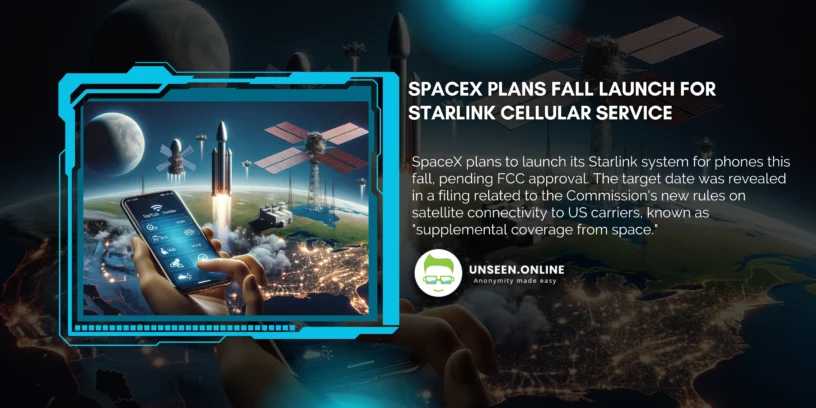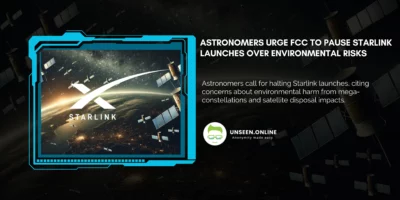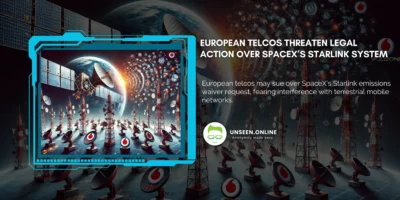SpaceX plans to launch its Starlink system for phones this fall, pending FCC approval. The target date was revealed in a filing related to the Commission’s new rules on satellite connectivity to US carriers, known as “supplemental coverage from space.”
“SpaceX supports nearly all of the Commission’s recent SCS Order and looks forward to launching commercial direct-to-cellular service in the United States this fall,” the company wrote.
The filing outlines SpaceX’s long-term goals for the “direct to cell” Starlink system, which aims to provide internet data to unmodified smartphones on the ground. This service is intended to help consumers in cellular dead zones by offering text, voice, and web browsing capabilities, with potential future enhancements.
However, SpaceX highlighted a challenge in the FCC’s framework for satellite connectivity to phones. The company urged the Commission to relax the aggregate limit on radio frequencies for cellular satellites, advocating for more granular “band-specific limits” to improve the coverage and reliability of the cellular Starlink system.
“An across-the-board, aggregate out-of-band limit, by contrast, will unfortunately undermine the goal of providing robust coverage during emergencies,” the company stated, adding that the limit could hinder future innovations in cellular Starlink technology.
SpaceX, along with its partner T-Mobile, has previously told the FCC that the radio frequency limit is too restrictive. However, rivals such as AT&T, Verizon, and Dish Network have supported maintaining the restriction to prevent potential radio interference.
The filing comes amid numerous comments to the FCC about its framework for enabling satellite connectivity to phones. While some scientists have raised concerns about the potential risk to radio astronomy, SpaceX has been working with the astronomy community to mitigate these risks and suggested coordination with the National Science Foundation to ensure protection criteria remain current.







